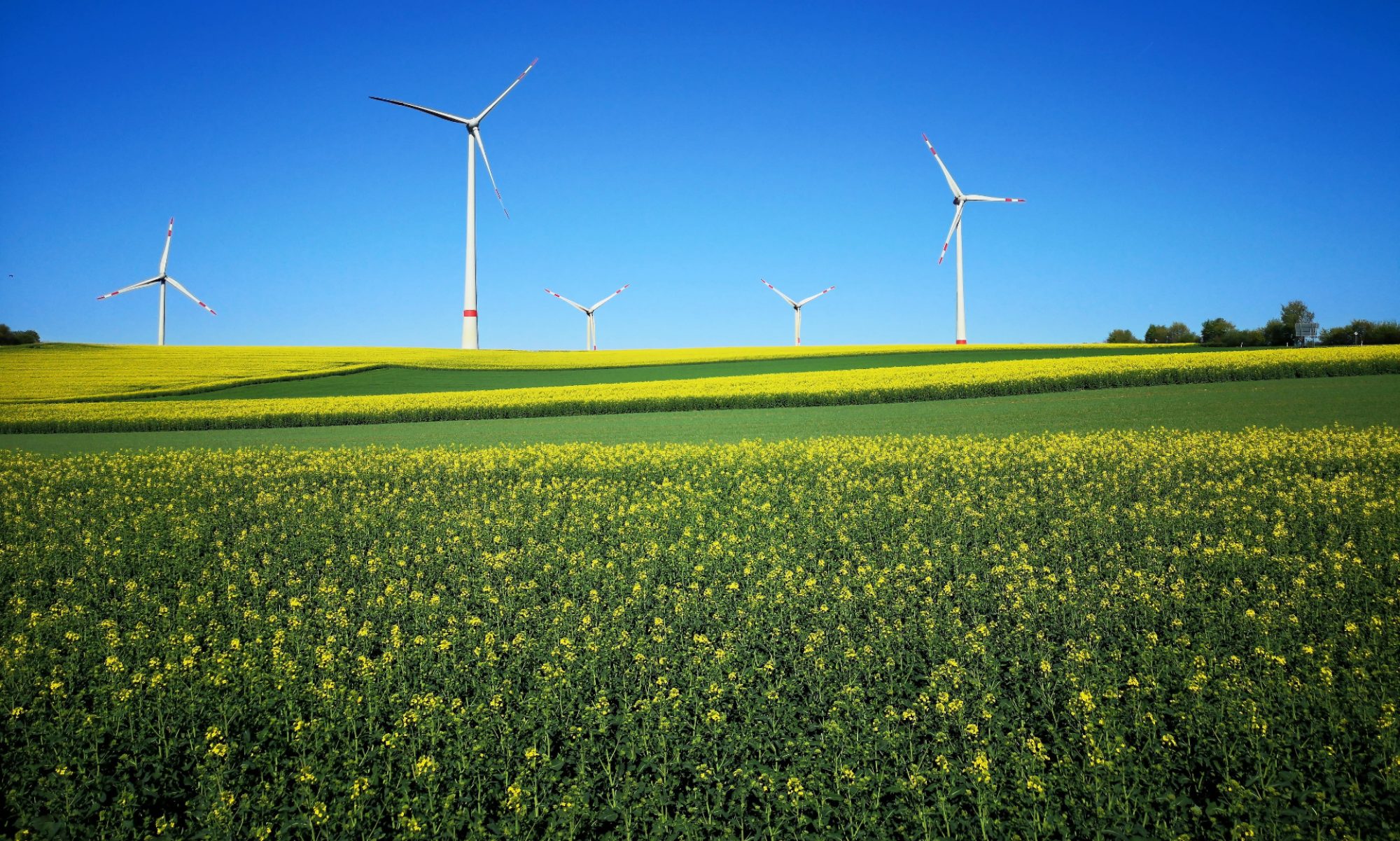Our research focuses on Finnish housing cooperatives, which have a crucial role in the energy transition, as 2.7 million Finnish reside in housing cooperatives.
A significant part of Finnish housing cooperatives faces comprehensive renovations in the upcoming years. This is an important opportunity to facilitate transition towards a more sustainable energy system. This change will require that residents are committed to new energy practices, as residents of housing cooperatives act as both the end users as well as decision-makers related to energy in housing cooperatives. Housing cooperatives bring together different material elements (buildings, energy technologies), everyday energy consumption practices and different actors with their own competences and motivations.
Our empirical focus is on examining the facilitating and inhibiting factors related to decentralized energy production and energy efficiency improvements in housing cooperatives. Our aim is to examine how to develop more sustainable energy practices related to housing in a fair manner.
In our qualitative field work we examine housing cooperatives that have implemented energy projects, energy plans and strategies and designed energy renovations. We map the approaches of different actors to these energy projects and the associated decision-making processes through interviews and participatory observation. At the same time, we aim to make sense of wider actor-networks, consisting of housing management and service companies, city officials and national guidance organizations.
We also conduct media analysis and follow the development of energy-related policy measures in order to gain a more comprehensive picture of how the discussion around energy and housing cooperatives has developed.
Based on the empirical work, we produce policy recommendations that focus on ways to produce tailored guidance, technical support and financial incentives for housing cooperatives. We examine how housing cooperatives have received novel guidance and support mechanisms, such as regional energy counselling.
The study is linked to the SET project, with which we work together to better understand energy citizenship in Finland. We also cooperate with the ENERGISE project to make sense of the links between everyday practices and the technological solutions made within housing cooperatives, and with ENCIT project that focuses on resistance to transitions, ownership of the energy transition and energy justice.
